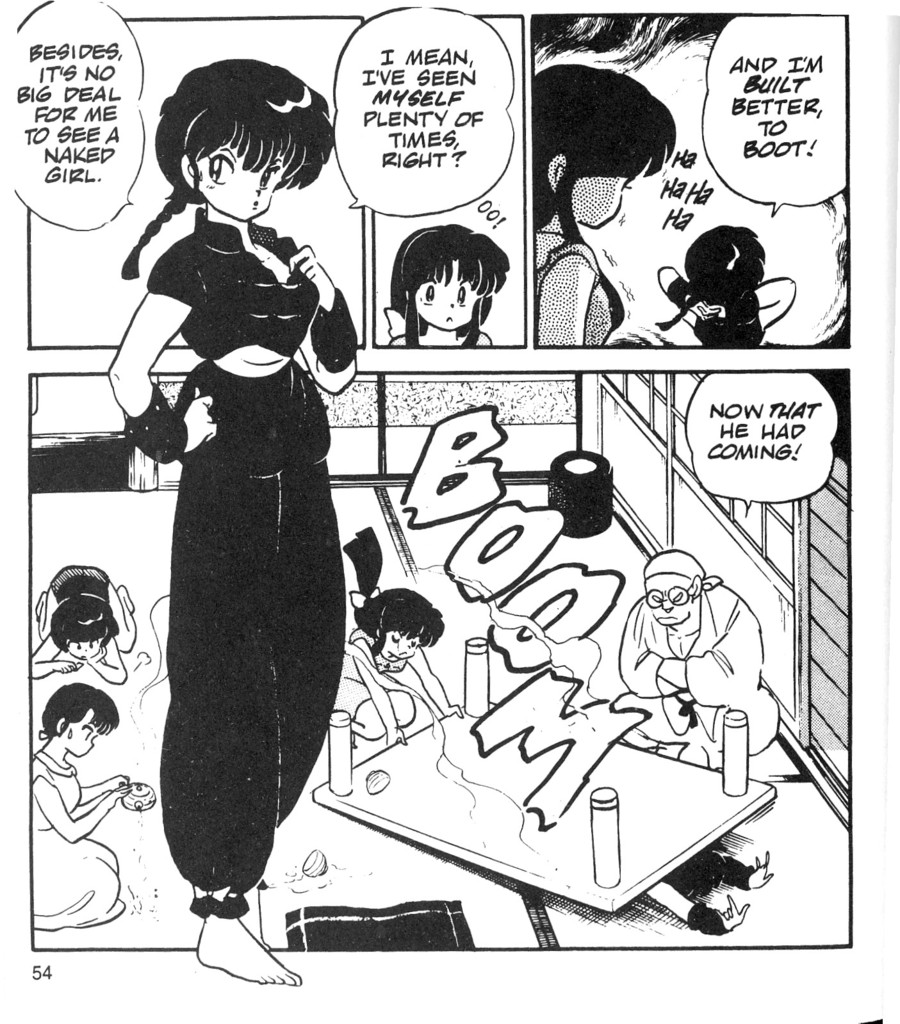Winner for best New York Comic Con panel title of the weekend definitely goes to yesterday’s “Are you there, God? It’s me, Manga.” The panel was a presentation by two young adult librarians from the Brooklyn Public Library, Lisa Goldstein and Molly Phelan. They discussed the ways in which manga is fundamentally part of the broader spectrum of young adult literature and is equally valuable to teen readers.
Like the best young adult literature, manga deals with themes of identity and selfhood in a powerful, accessible way. I hadn’t realized the extent to which girls dominated the manga market—75% of manga readers are teen girls. Shojo, or manga targeted to teen girls under the age of 18, confronts issues of power (and powerlessness), gender roles and expectations, and ambivalence about sexuality. Manga is a safe space to discuss a sandbox of potentially problematic ideas—gender dysphoria, homo- or bisexuality, and one’s place within communities.
As someone who is not a huge manga reader, this got me wondering about a whole host of issues. Is other young adult fiction (prose) as open about these issues? I can’t think of a single example that wasn’t some flat-out afterschool special about sexuality (and those books were huge turn-offs for me). Does the graphic aspect of manga change the way in which we approach the characters and their feelings? It makes it more immediate, for sure, but are we then more sympathetic? Does sexuality seem more normal if we see it right in front of us? Manga seems to be uniquely positioned as a safe space for these ideas, but will that change if it becomes more widely available and popular?
Goldstein and Phelan also discussed shonen-ai, or “boys’ love” manga, about homosexual male couples. Shonen-ai is pure romance—it’s utterly fantastic, escapist, and lacks any accountability or real world consequences. In shonen-ai there is no possibility of marriage, and no worry about traditional expectations. The characters aren’t men, they’re boys; they’re androgynous. It allows female readers to experience sexuality without the trappings of heterosexual power dynamics or inherent assumptions about roles. While a lot of boys’ love manga reflects heterosexual stereotypes (one “dominant” partner and one “submissive” partner), the girl can project herself to either—or both.
I don’t think this dynamic would work if both characters were girls. As boys, they don’t begin in a position of powerlessness, and they’re granted a freedom of agency that I don’t think girls would have. As a kid and a young adult, I never identified with girls in novels. Girls in novels were usually weaker, not as motivated, and less generally interesting. I always identified with the boys, possibly because they felt more fleshed out as people—their problems were more universal and their plights more sympathetic. And I never, ever, came across a story that involved gay or even remotely homosexual characters. What a huge difference there is now.
One point Ms. Goldstein and Ms. Phelan emphasized was that shonen-ai is almost entirely drama (and melodrama) of unrequited love/ fulfilled love. There is no focus on coming to terms with one’s sexuality, or what the consequences are. There is no acceptance that they are “gay” in the sense that they accept, or reject, the trappings of that identity and its implications. The issue is never homosexuality itself—the issue is passionate love.
The librarians closed by looking towards the future, and wondering how these books will shape the current generation. Does this kind of manga make kids more tolerant of others? Will they be more willing to accept those who don’t adhere to traditional sexes or sexualities as “normal”? Will it create more opportunities for dialogue? Or at the end of the day is it all just a fantasy, Shakespeare-style, that doesn’t actually change anything in the end?










